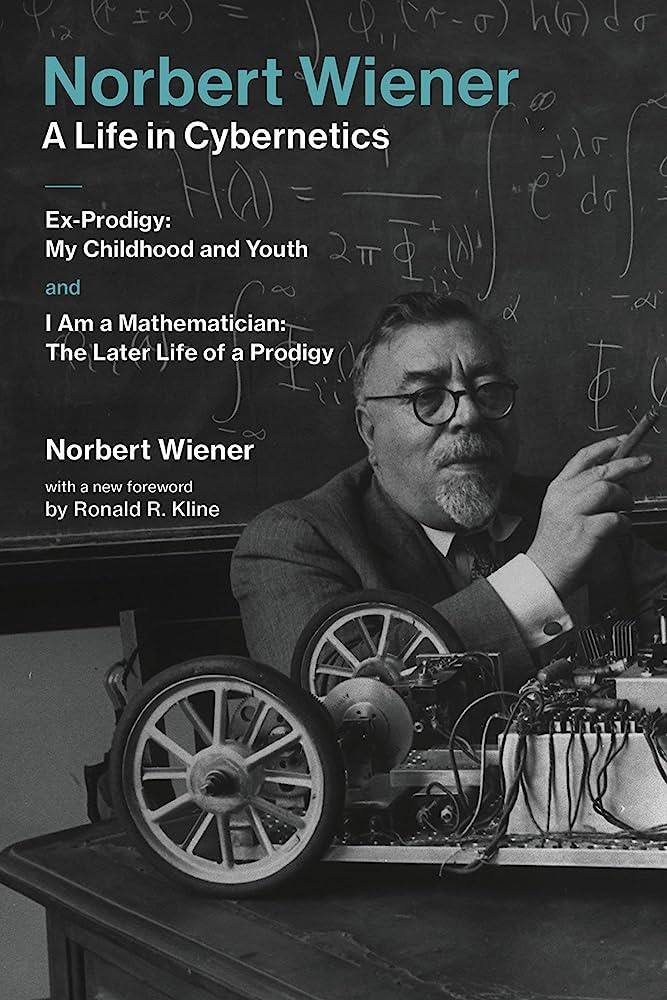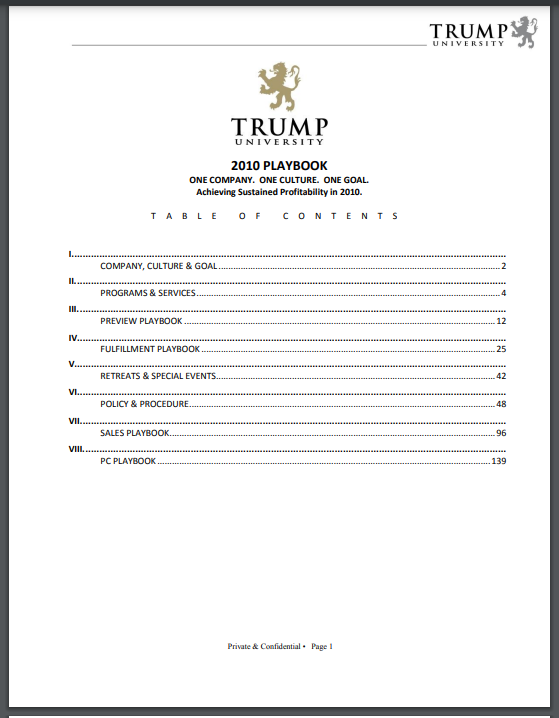
The Human Use of Human Beings
Private Book Reader
Upload and read your personal PDF books in our secure reader
Read Your Private BookShort Audio Book Summary
The Human Use of Human Beings Summary
0:00 / 0:00Reviews
No review yet. Be the first to review this book!
Description
"The Human Use of Human Beings: Cybernetics and Society" is a seminal book written by Norbert Wiener, a renowned mathematician and philosopher, and published in 1950. In this influential work, Wiener explores the implications of cybernetics, the interdisciplinary study of communication and control systems in both machines and living organisms, for human society and ethics. Wiener coined the term "cybernetics" and played a central role in its development as a field of inquiry. In "The Human Use of Human Beings," he argues that cybernetics has profound implications for understanding human behavior, communication, and social organization. Wiener suggests that human beings can be seen as complex cybernetic systems, characterized by feedback loops, information processing, and self-regulation. One of the central themes of the book is the relationship between humans and machines in an increasingly technological society. Wiener explores the potential benefits and dangers of automation, artificial intelligence, and the mechanization of labor, warning of the potential for dehumanization and loss of individual agency in a world dominated by machines. Wiener also examines the ethical implications of cybernetics, raising questions about privacy, surveillance, autonomy, and the responsible use of technology. He emphasizes the importance of maintaining human values and moral principles in the face of technological advances, arguing that society must strive to harness the power of technology for the collective good while safeguarding human dignity and freedom. "The Human Use of Human Beings" has had a profound impact on fields such as computer science, information theory, systems theory, and philosophy of technology. It remains a classic work in the study of human-machine interaction and continues to be relevant to contemporary discussions about the ethical and social implications of technology in society.




















.png)




.jpg)



.jpg)
.jpg)






.jpeg)












.jpeg)


.jpeg)









.jpeg)



.jpg)

.jpeg)


.jpg)
.jpg)












.jpg)

































.jpeg)
